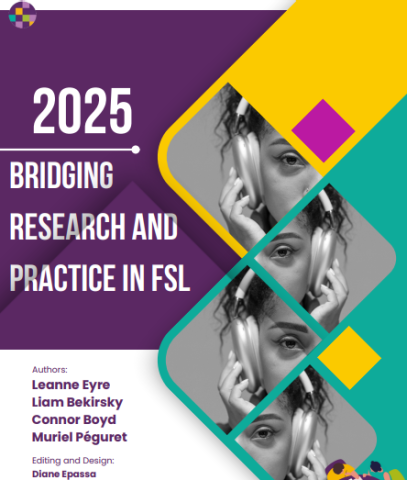
This guide equips FSL educators and researchers with the tools to create engaging, research-informed websites that bridge theory and classroom practice. It outlines how to design accessible, visually appealing, and informative websites to share findings, reflections, and resources. Covering everything from layout essentials and licensing to technology platforms and SEO, the guide demystifies the process for users with or without coding experience. With AI prompts for content inspiration and dissemination strategies, it helps amplify the reach and impact of FSL initiatives across digital spaces.
The final versions of these resources reflect input from a series of focus groups and surveys held in 2023. We would like to thank Daniel Capel Kos A Ebong, Jennifer Ealey, Nadine De Moras, and Thecle Sandrine Biloa Essomba for their valuable contributions to the website guide. This project was funded by the Ontario Ministry of Education and Heritage Canada, through the Camerise project.
| Attachment | Size |
|---|---|
| Website Guide - FINAL.pdf (8.74 MB) | 8.74 MB |
